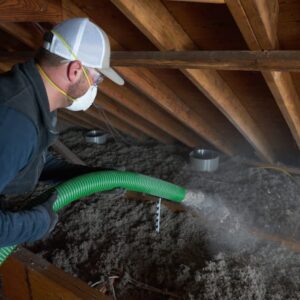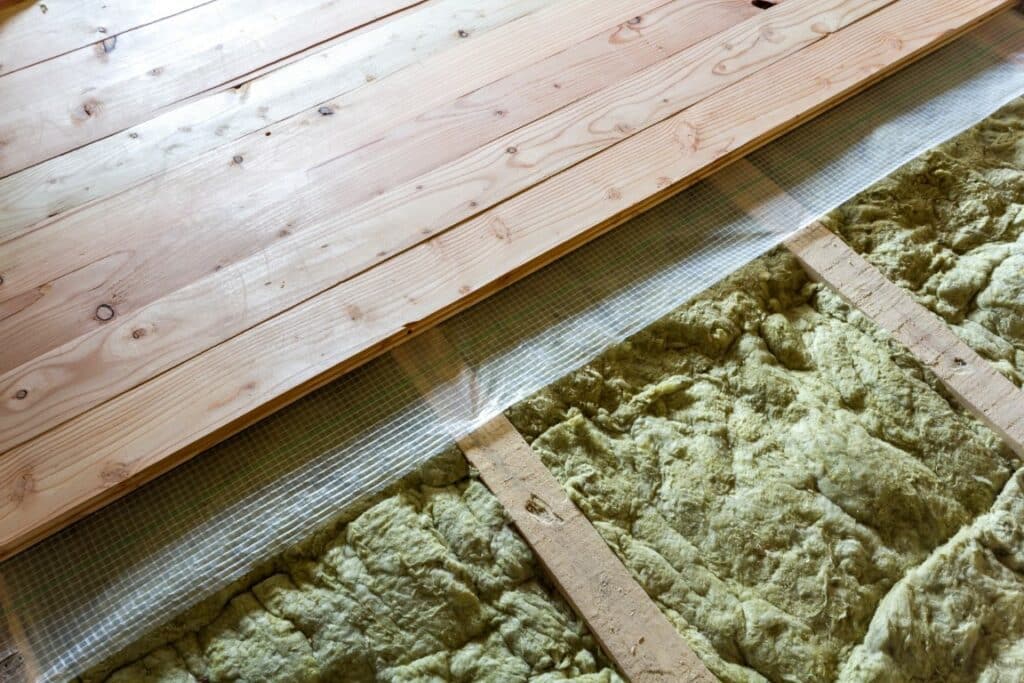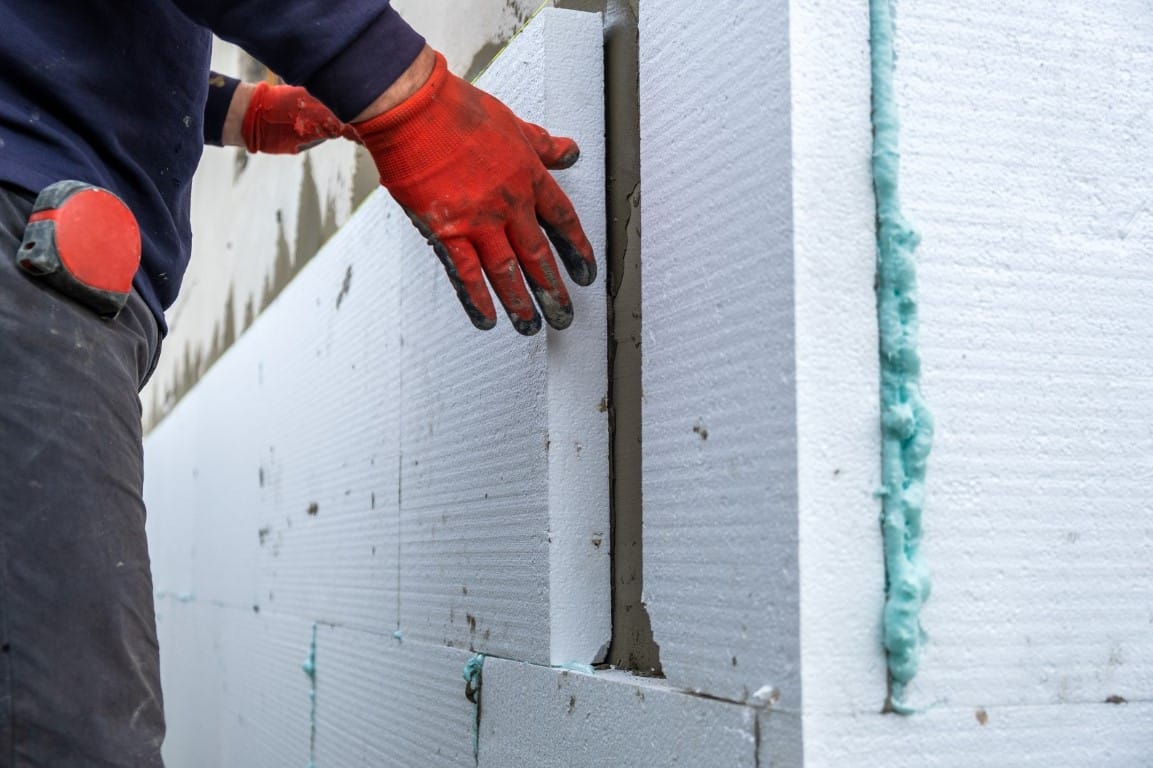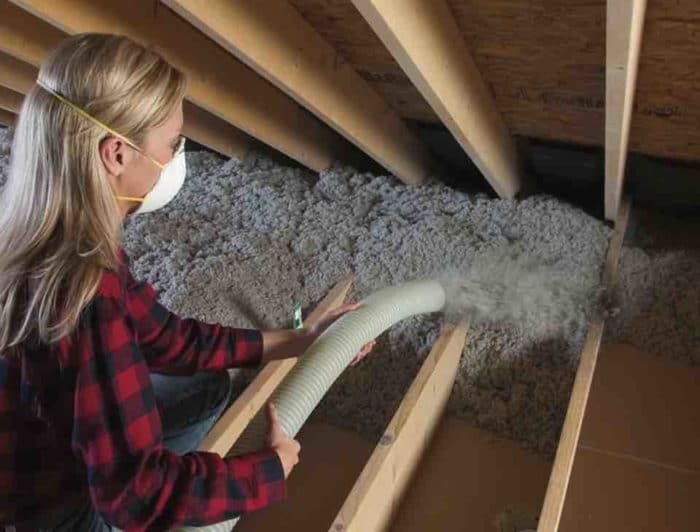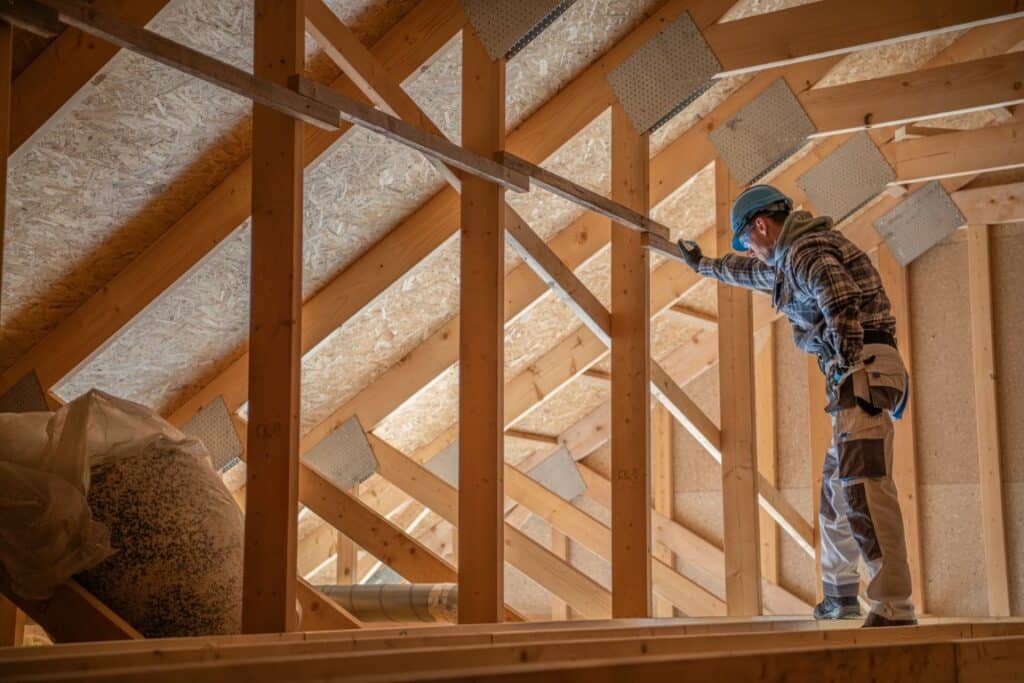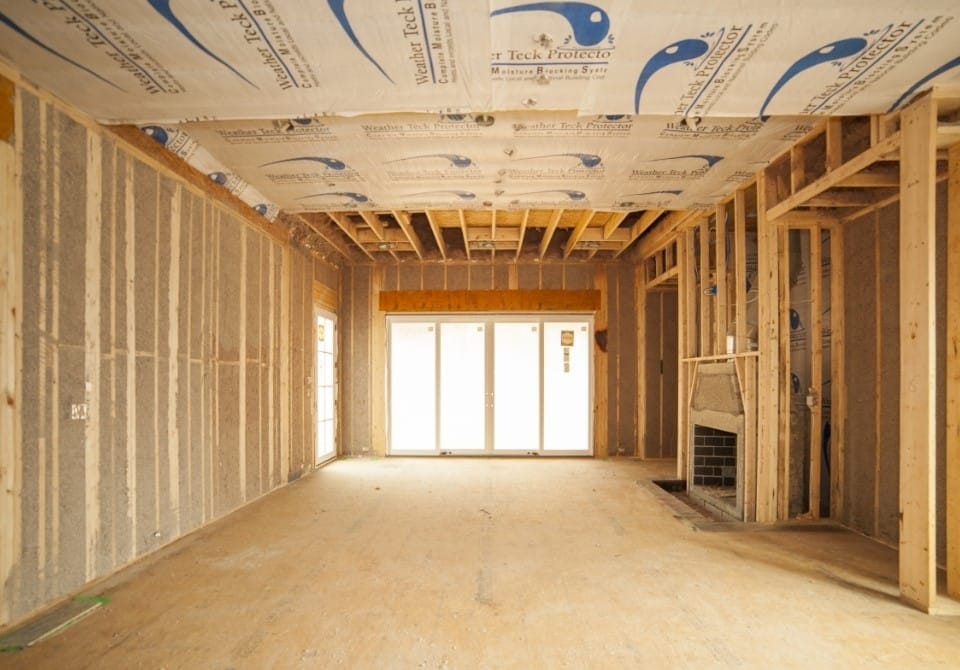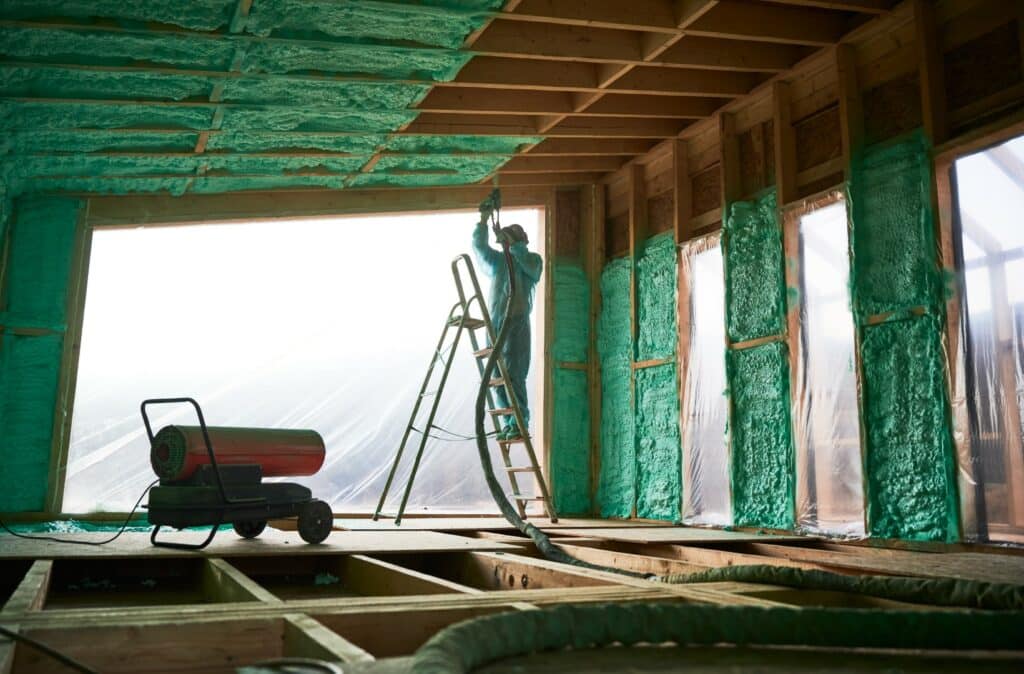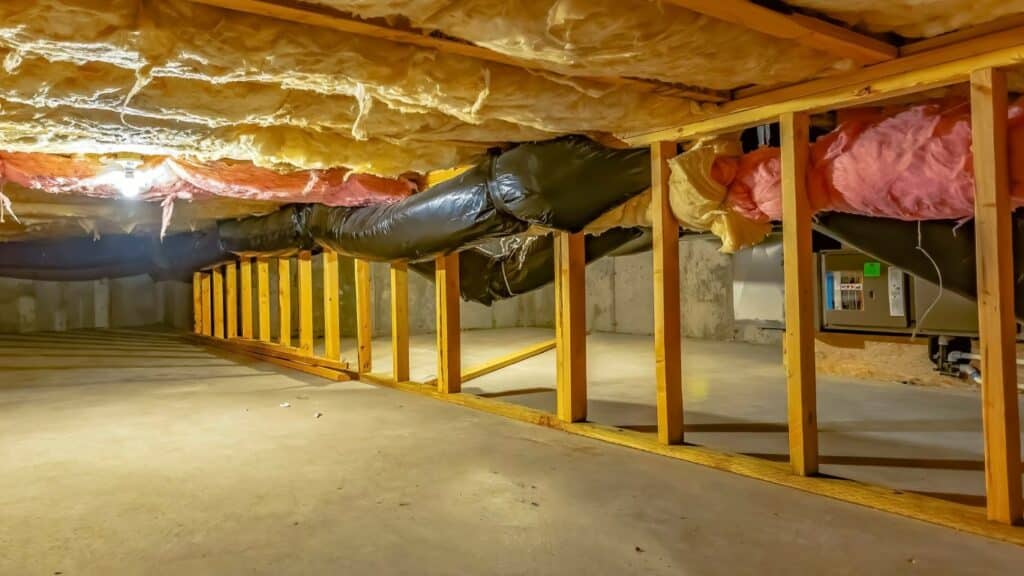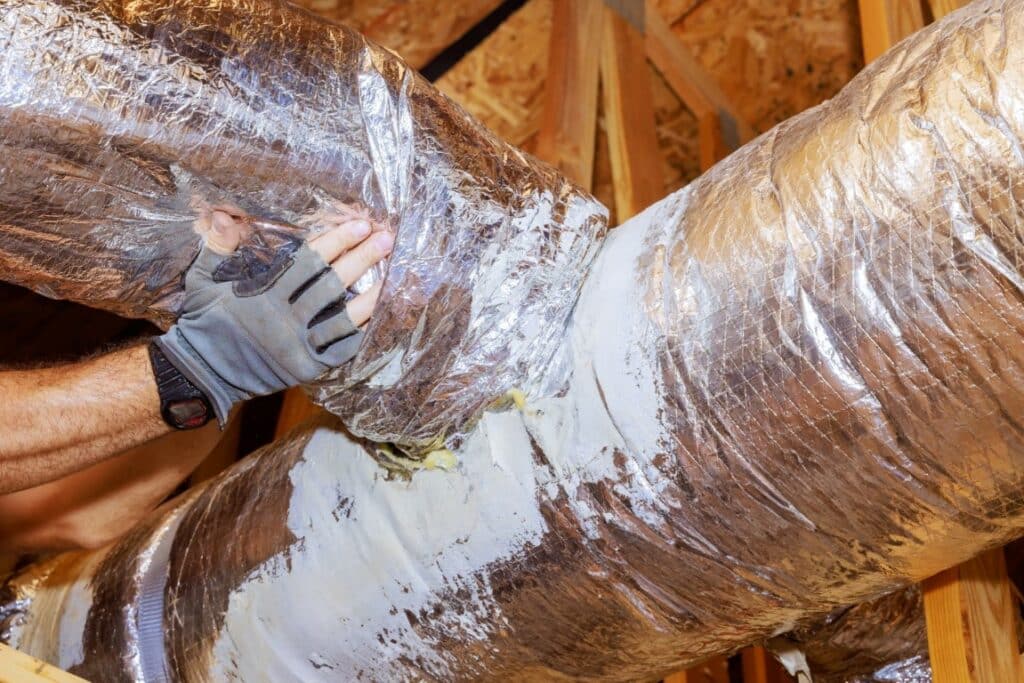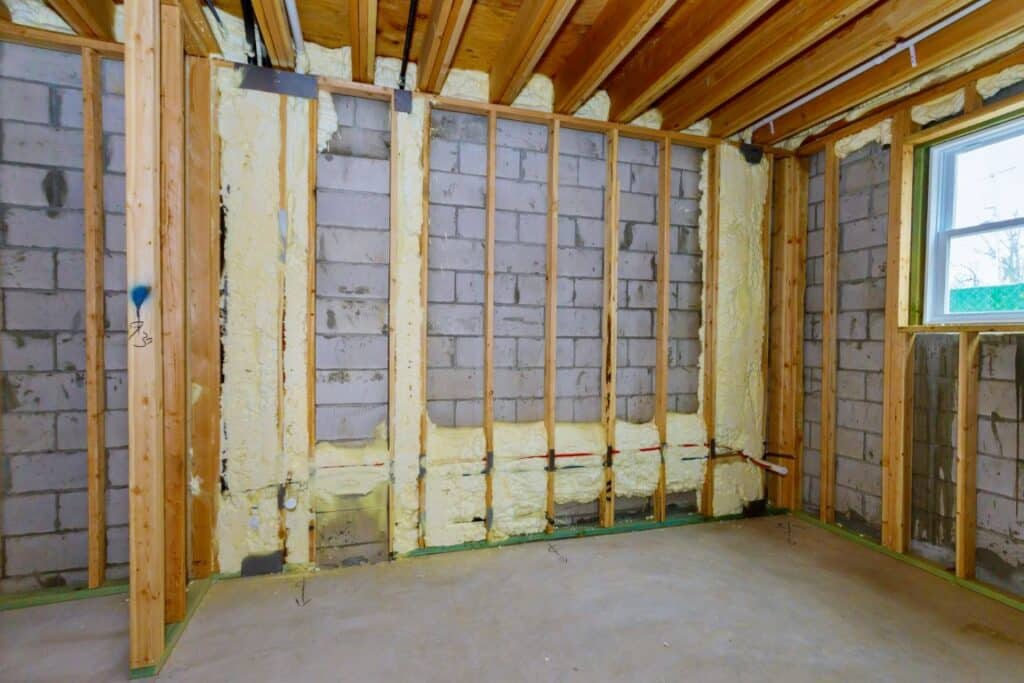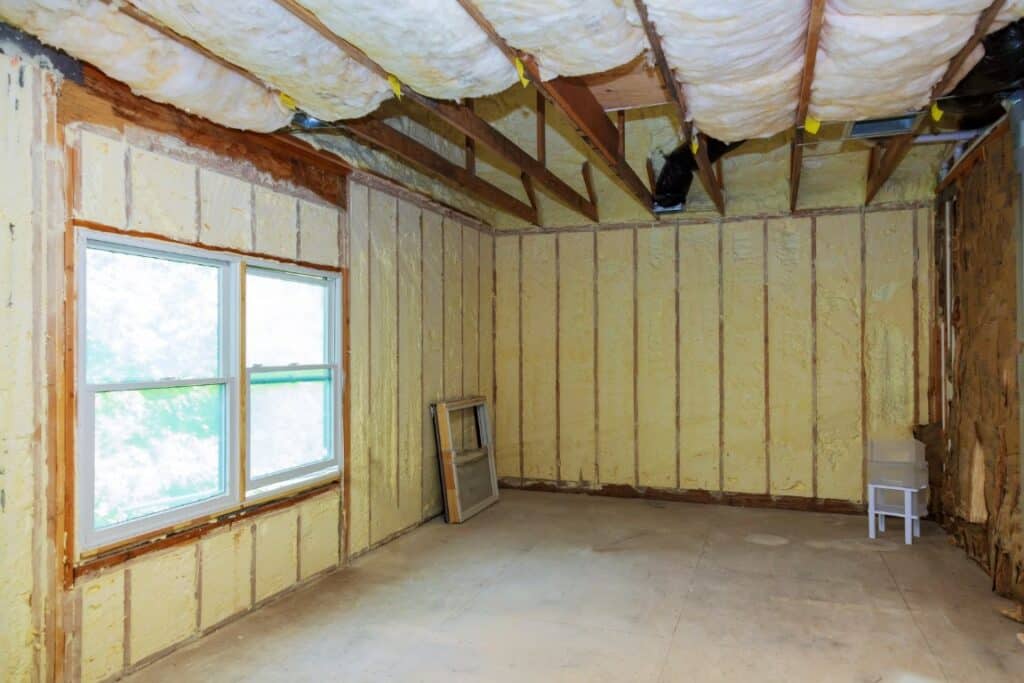Floor Insulation Rebates 75-100% off costs.


Insulate your floors with our expertise and take advantage of 75% to 100% cost coverage through Energize Connecticut, for qualifying utility customers.
Step into comfort with Home Comfort Practice's floor insulation services. Insulating your floors is crucial for maintaining consistent room temperatures, reducing energy costs, and protecting against moisture. We'll help you enhance the comfort and efficiency of your home with the right floor insulation solutions tailored to your specific needs and conditions.
Floor Insulation Overview

Benefits of Insulating Floors
Comfort and Energy Efficiency: Proper floor insulation helps maintain desired indoor temperatures, contributing to overall home comfort and lower energy bills.
Sound Reduction: Insulating floors can significantly reduce noise transfer between floors and from exterior noise sources, contributing to a quieter indoor environment.
Moisture Control: Especially important in Connecticut’s varied climate, floor insulation helps prevent moisture build-up, protecting your home from mold, rot, and structural damage.
Frequently Asked Questions about Floor Insulation
Insulating floors reduces heat loss, which can lower energy bills and make rooms above unheated spaces like garages warmer. This improvement in thermal efficiency leads to a more comfortable living environment.
If floors feel cold to the touch, if the room above an unheated space is consistently colder, or if energy bills are high, your floors likely need additional insulation.
While not all floor types may require insulation, insulating any floor over an unconditioned space or in contact with the ground can significantly improve your home’s thermal efficiency and comfort.
Both concrete and timber floors can be insulated. Concrete floors may have insulation laid on top, while timber floors often involve insulation between the joists.
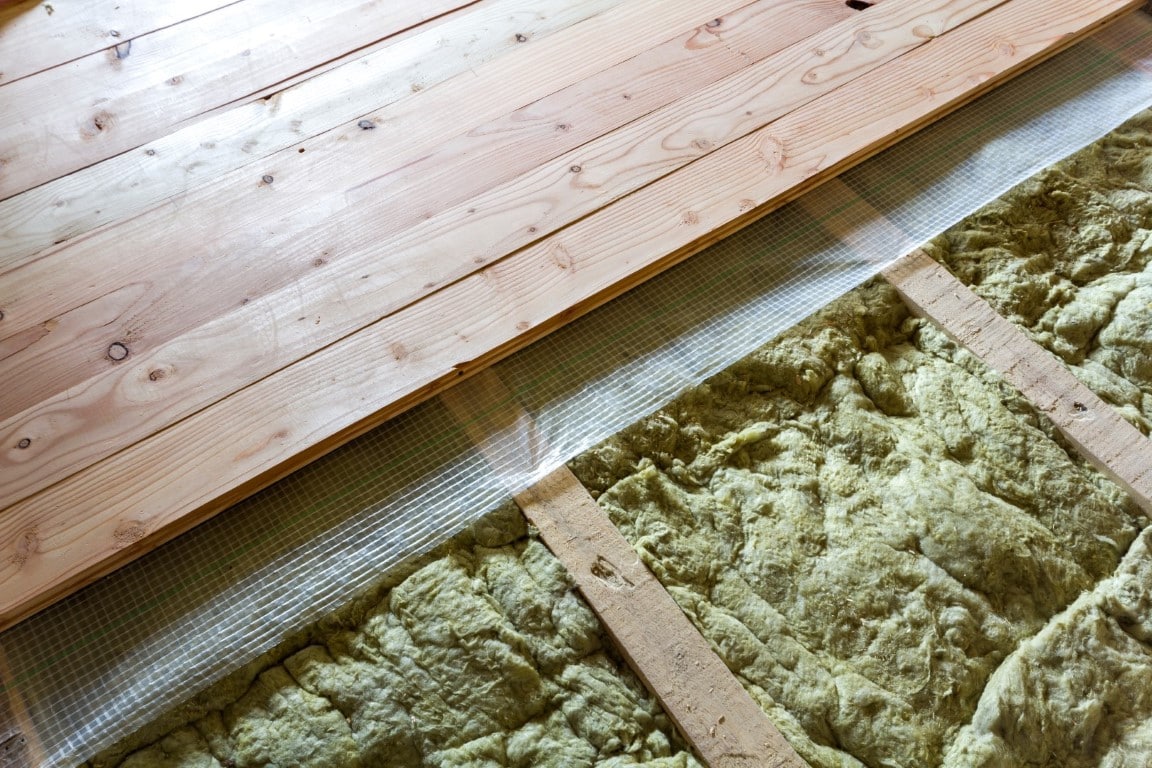
Seal all air leaks and address any moisture problems. This is particularly important for floors above garages or crawl spaces to prevent air and moisture infiltration.
While some types of floor insulation, like batts or rigid boards, can be a DIY project, professional installation ensures correct fit, adequate coverage, and maximum effectiveness, especially for spray foam.
Consider factors such as the type of floor, the area's moisture levels, and whether the space is above an unheated area. Also, think about the insulation's R-value, its environmental impact, and installation requirements.
Floor Insulation Materials
-
Spray Foam Floor Insulation

Spray Foam Floor Insulation
Offering excellent air sealing properties, spray foam can be applied to the underside of floors, particularly effective in preventing air leaks from garages and crawl spaces.
-
Blown Cellulose Floor Insulation

Blown Cellulose Floor Insulation
Suitable for irregular spaces or areas with obstructions, loose-fill insulation can be blown into place, providing effective coverage and improving thermal performance.
-
Blanket/Batt Floor Insulation

Blanket/Batt Floor Insulation
Ideal for standard joist spacing in wood frame floors, batt and roll insulation can be fitted between floor joists to reduce heat transfer and enhance comfort.
Learn More -
Rigid/Foam Floor Insulation

Rigid/Foam Floor Insulation
For floors over unconditioned spaces or directly on concrete, rigid foam board provides a solid thermal barrier, reducing heat conduction and improving overall floor insulation.
Learn More
Qualify for Floor Insulation Rebates by Getting a Home Energy Audit
$0
$0
Average Annual Energy Savings$0
Weatherization Service Value$0
Average 1st Year SavingsRebates for Floor Insulation
| Energize CT Rebate: $1.70 per Square Foot | |
|---|---|
| Avg. Initial Cost | $1500-$10000 |
| Max Rebate | N/A |
| Avg. Lifetime Savings | $4000 |
Claim up to $1.70 per square foot on approved insulation projects recommended during a Home Energy Solutions assessment.This may cover between 75-100% of insulation costs!
| IRA Tax Credit: % of Costs | |
|---|---|
| 25C Max Credit | $1600 |
| 25D Max Credit | Uncapped |
The Inflation Reduction Act tax credit for weatherization in Connecticut offers homeowners a 30% tax credit for eligible projects, with a maximum claim of $1,200 per year. It covers insulation, air sealing, doors, windows, and energy audits. Weatherization reduces energy waste, lowers bills, and improves home comfort while decreasing carbon emissions.
| IRA Electrification Rebate: $1600 | |
|---|---|
| Upfront Discount | 50%-100% of Costs |
| Avg. Initial Cost | N/A |
Connecticut homeowners may be eligible to claim up to $1,600 for their weatherization project through the Inflation Reduction Act Electrification Rebate program, depending on their income. Low-income households can receive 100% coverage of weatherization costs, while moderate-income households can receive 50% coverage. (The total cap for Electrification Rebates across all qualified projects is $14,000.)
Other Areas to Install Insulation
-
Attic Insulation

-
Basement Insulation

-
Ceiling Insulation

-
Crawlspace Insulation

-
Duct Insulation

-
Floor Insulation

-
Foundation Insulation

-
Wall Insulation



